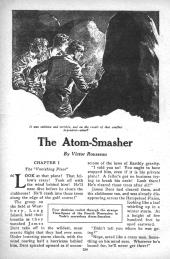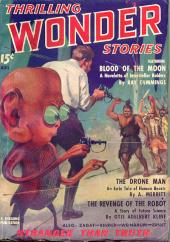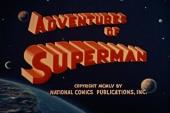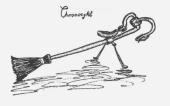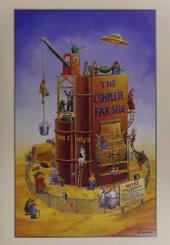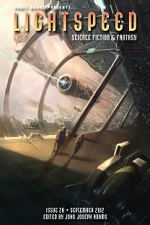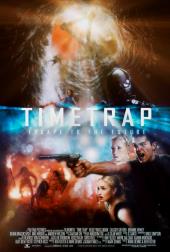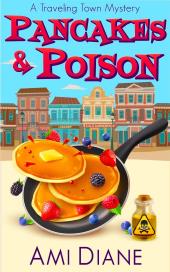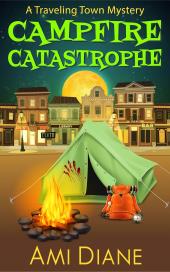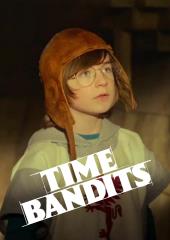Novella
The Atom-Smasher
- by Victor Rousseau
- Astounding Stories of Super-Science, May 1930
We've got the evil Professor Tode (who modifies an atom-smasher into a time machine that travels to the Palaeolithic and to Atlantis), a fatherly older professor, his beautiful young daughter (menaced by evil Tode), casually written racist pronouncements (by Rousseau), and our hero scientist, the dashing Jim Dent. But my favorite sentence was the brief description of quantum mechanics, which I didn’t expect in a 1930 science fiction tale. —Michael Main
The Planck-Bohr quantum theory that the energy of a body cannot vary continuously, but only by a certain finite amount, or exact multiples of this amount, had been the key that unlocked the door.

